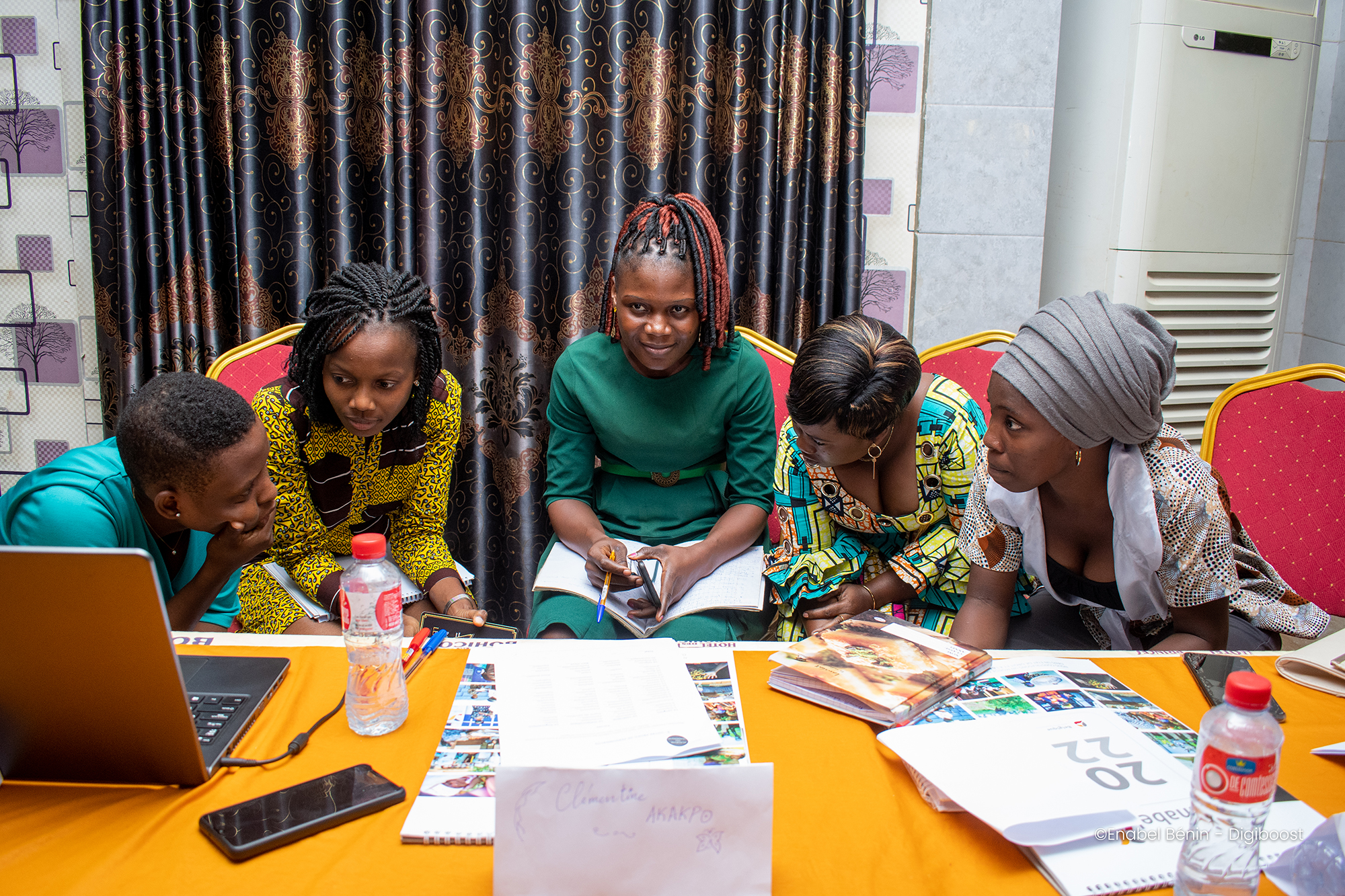Gender

Our development efforts will be worthwhile only if we step up the fight for equality between women and men.
Gender equality is as it were a red thread woven throughout all of our work. We also have specific gender projects, in particular education projects for girls and projects against violence against women.
What we do
Education and decision-making
Health and sexual and reproductive rights
Food security and food sovereignty
Related content
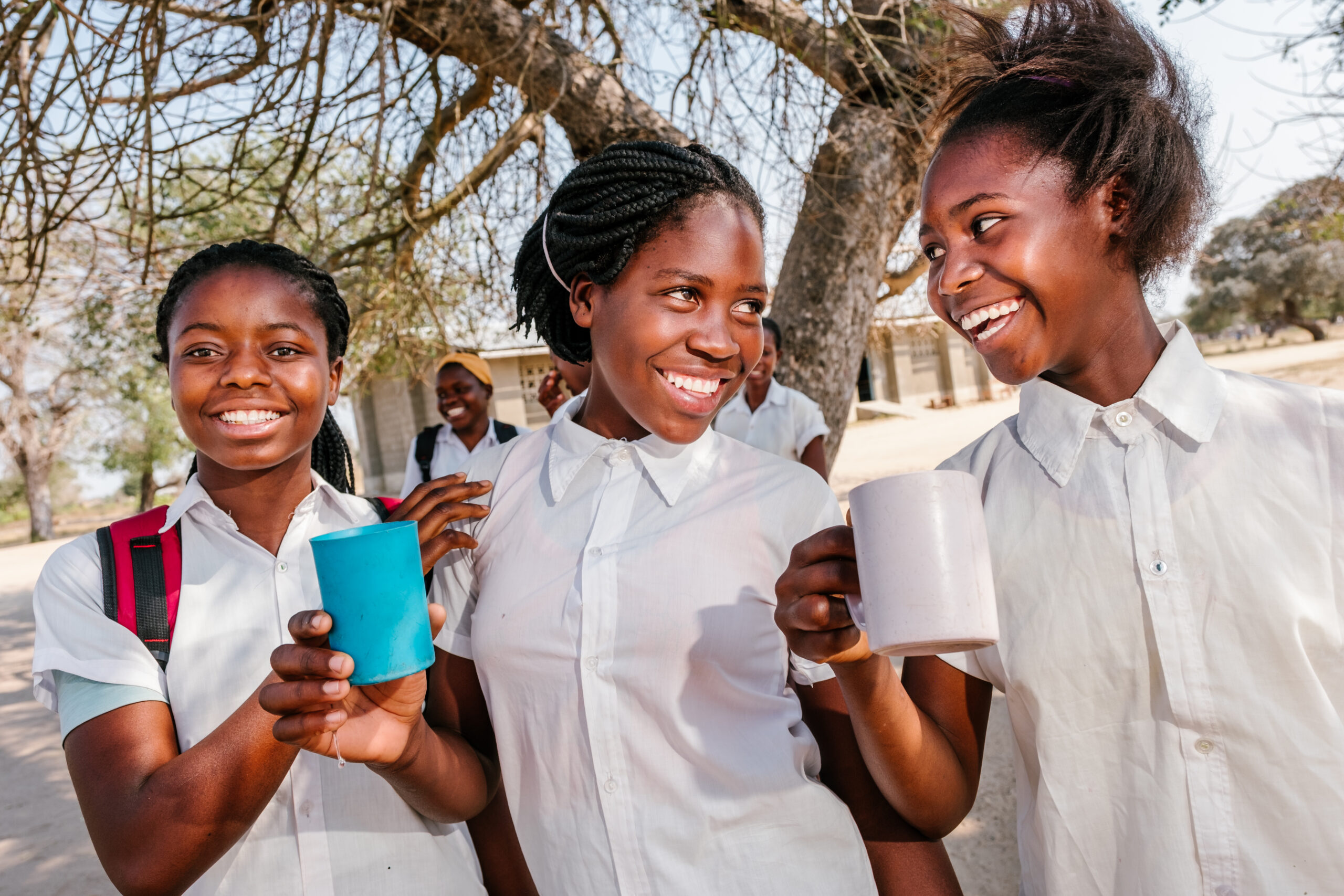
The empowerment of women concerns women gaining power and control over their own lives. With our gender strategy (2019-2023) we try to reinforce this. Read more.
Enabel’s Gender Strategy 2019-2023
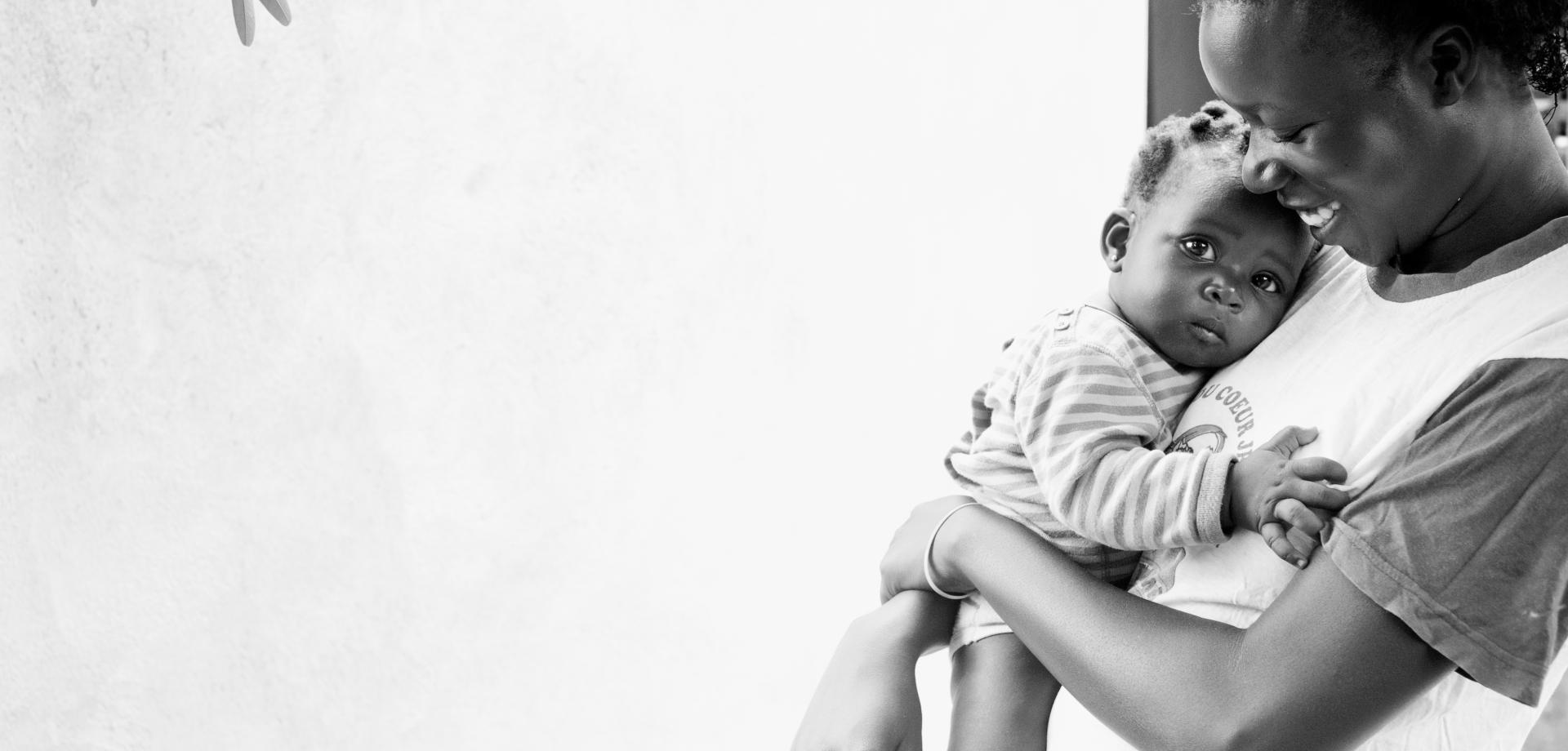
It is estimated that globally 200 million girls and women have undergone FGM. In Burkina Faso the majority of women have been cut. Together with communities and the government of Burkina Faso, Enabel works to put an end to this practice.
Ending FGM in Burkina Faso
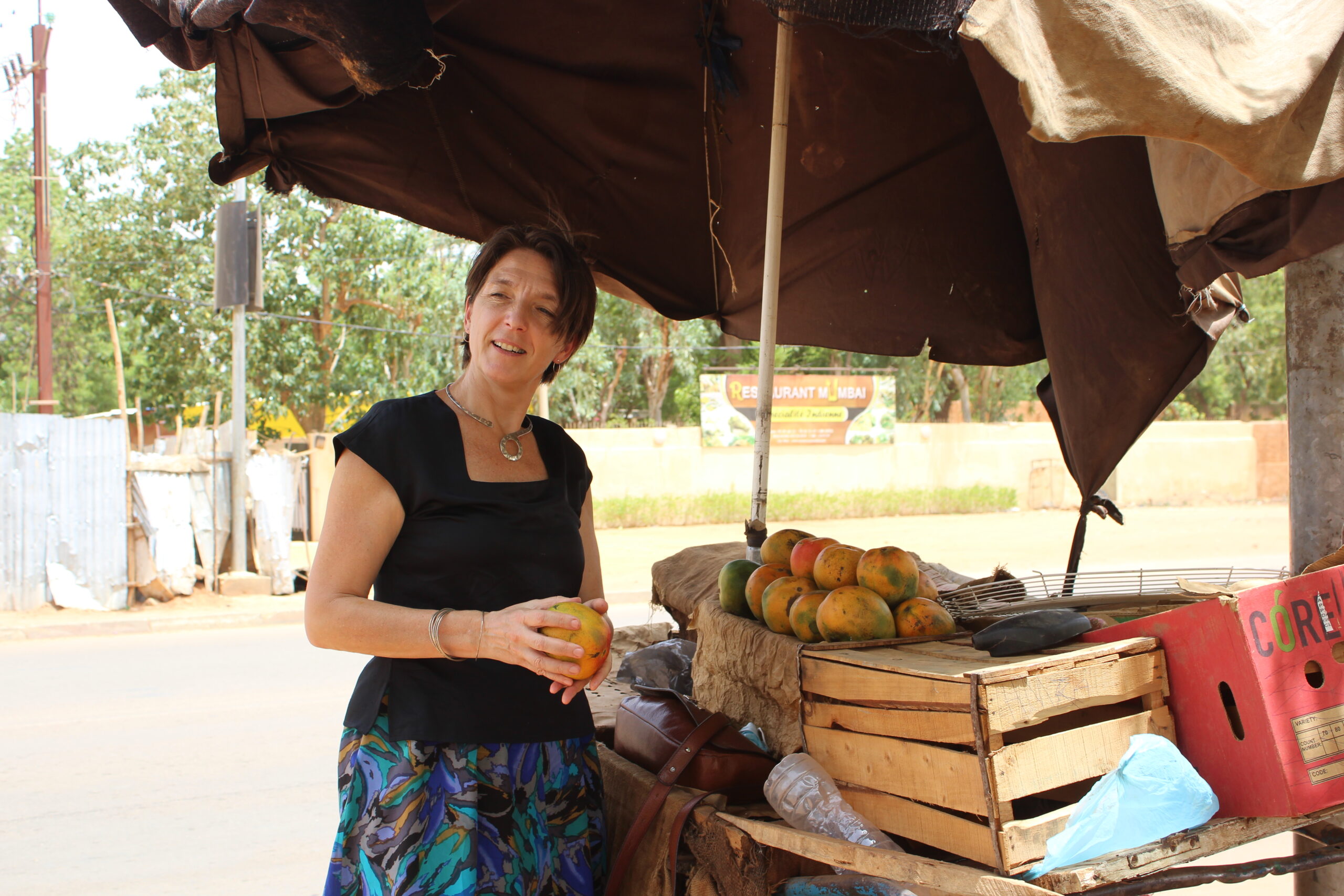
Interview with Sandra Galbusera on feminism and equal opportunities
Interview with Sandra Galbusera
News & Events
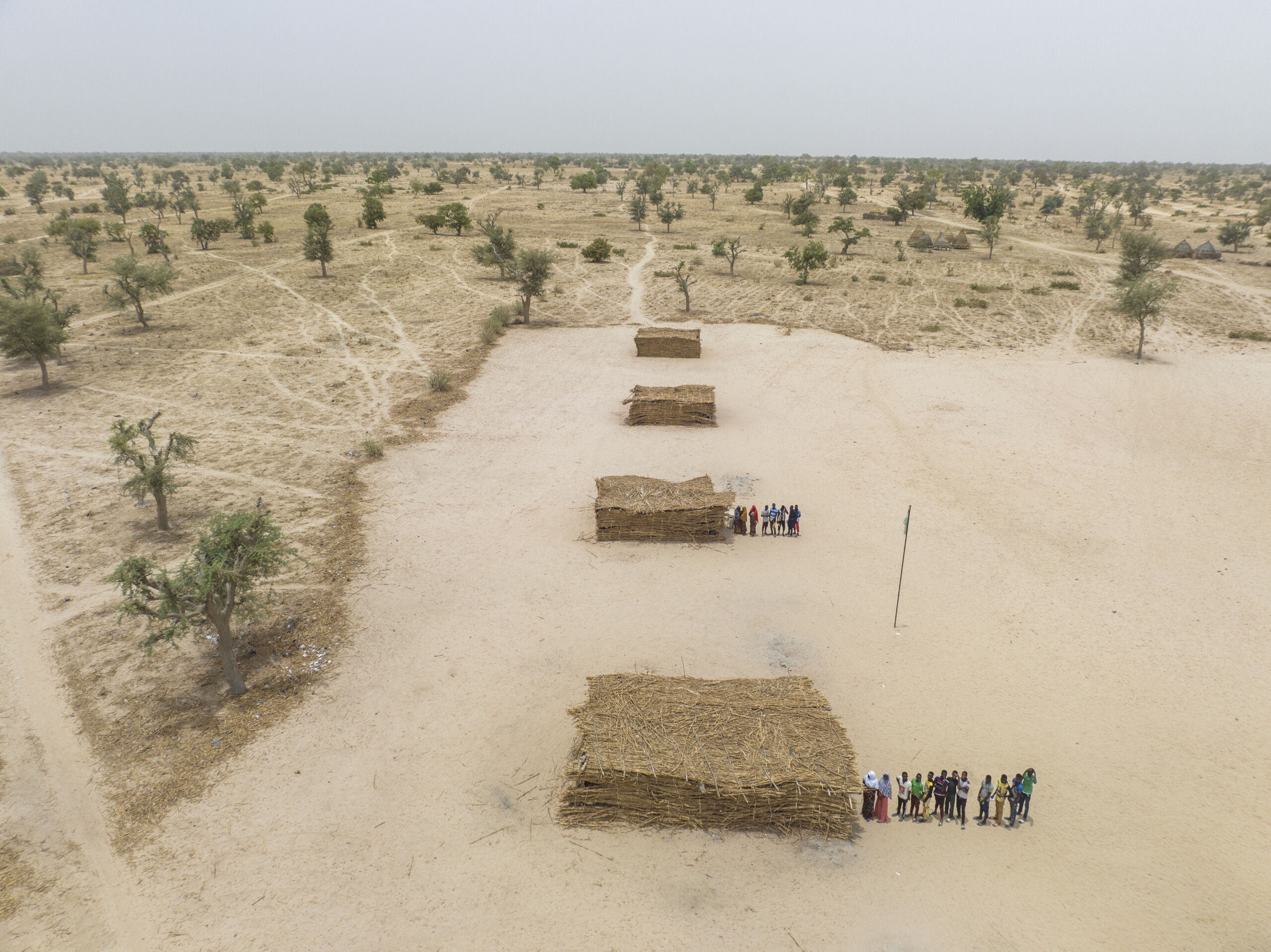 News
News
16 July 2024
The European Union needs to stay engaged in fragile contexts
The European Union has a special responsibility for its neighbouring continents and should play a leading role in international cooperation.
Read more
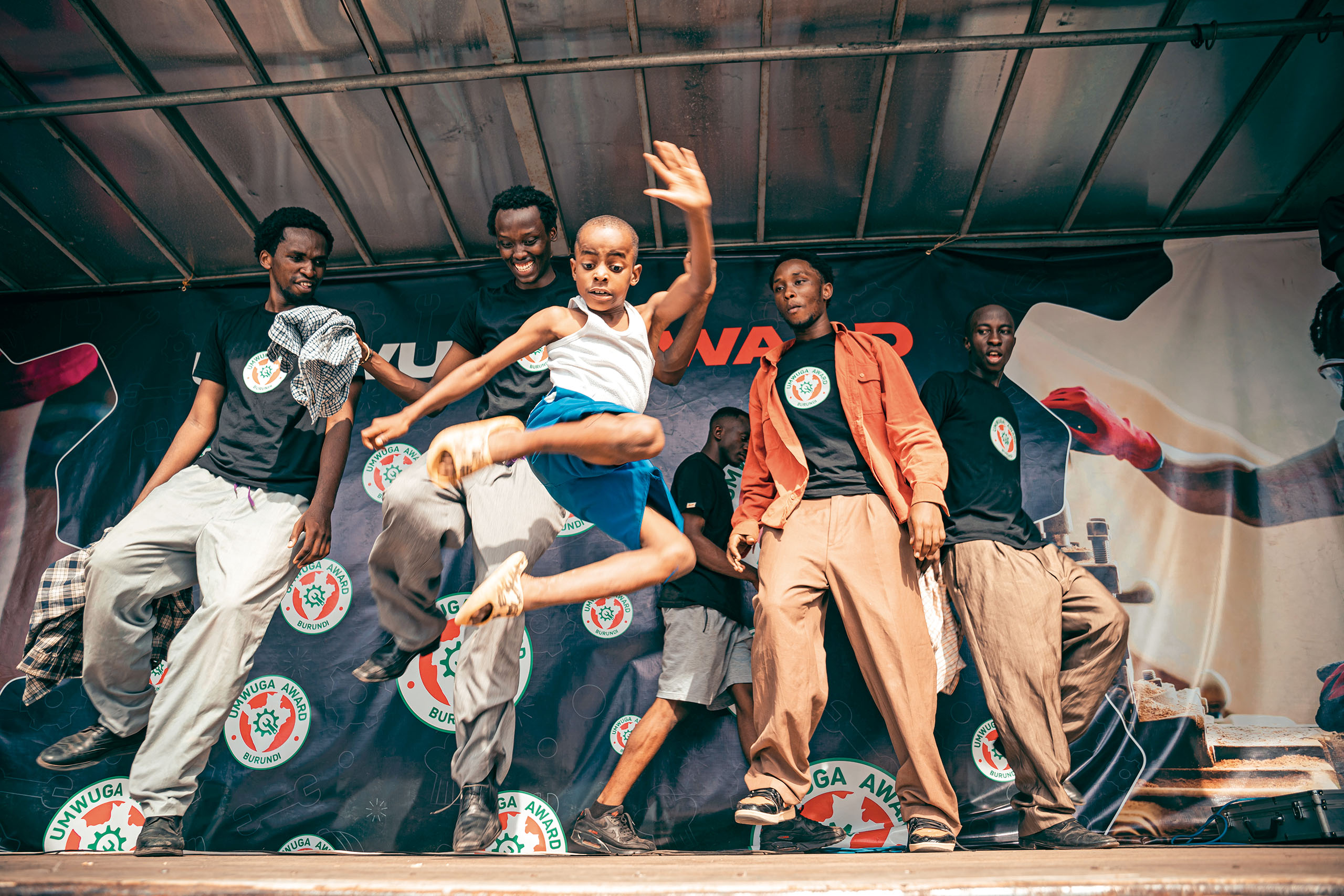 News
News
08 June 2024
Investing in the future: 2023 – 2024 Activity report
Find out why we have to upcycle international cooperation. Why Enabel is not only a Belgian, but also a European and African agency. Find out about the starting of activities in a new country: Ukraine. About the launch of activities in the green hydrogen sector.
Read more
 News
News
07 June 2024
Shaping tomorrow’s energy landscape
The urgency of climate change is forcing us to rethink our economies. As the energy transition emerges as central in the fight against climate change, one energy vector stands out in particular: green hydrogen.
Read more
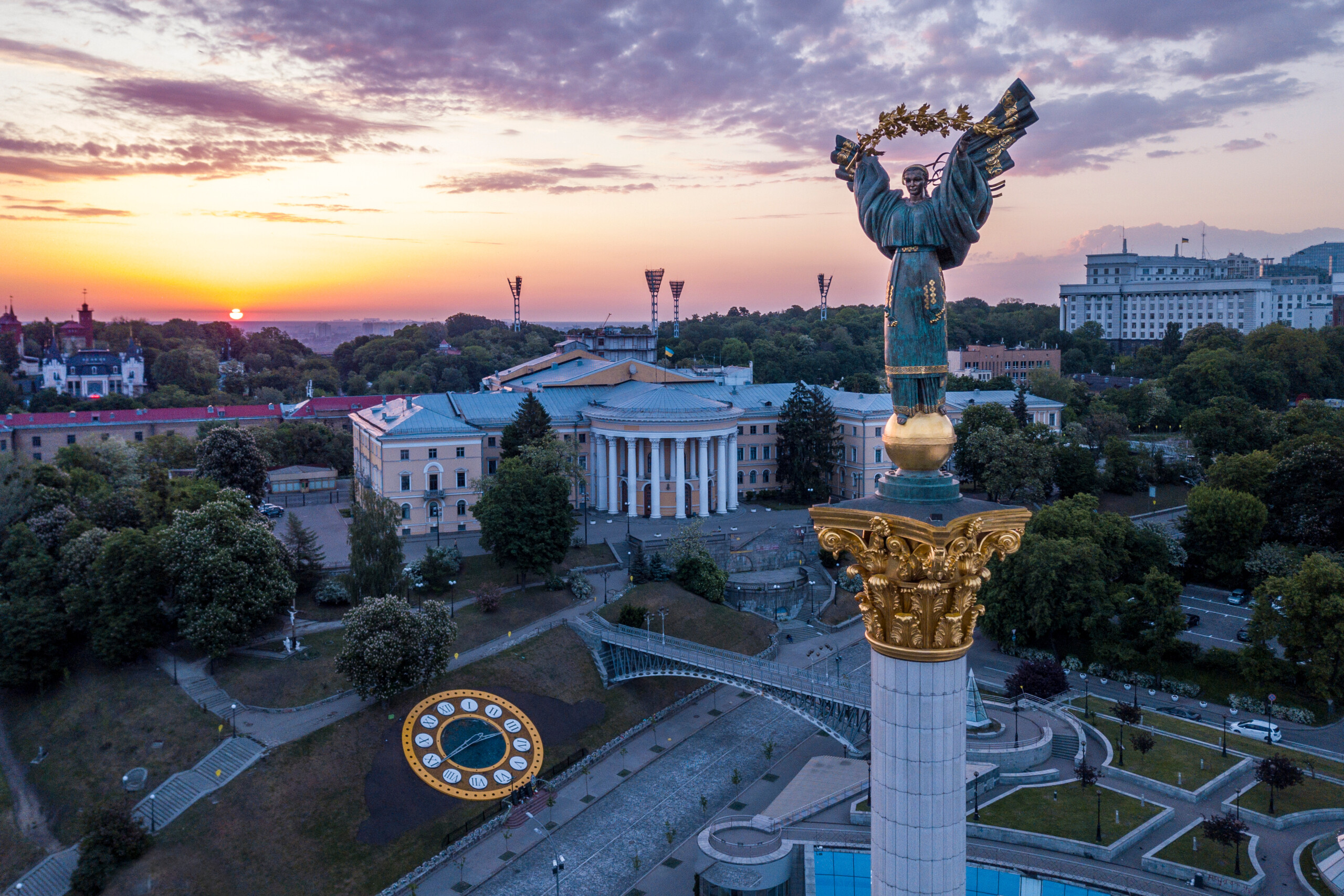 News
News
07 June 2024
Ukraine: new country, new challenges
In December 2023, the Belgian government mandated our organisation to launch a programme in support of reconstruction in Ukraine.
Read more
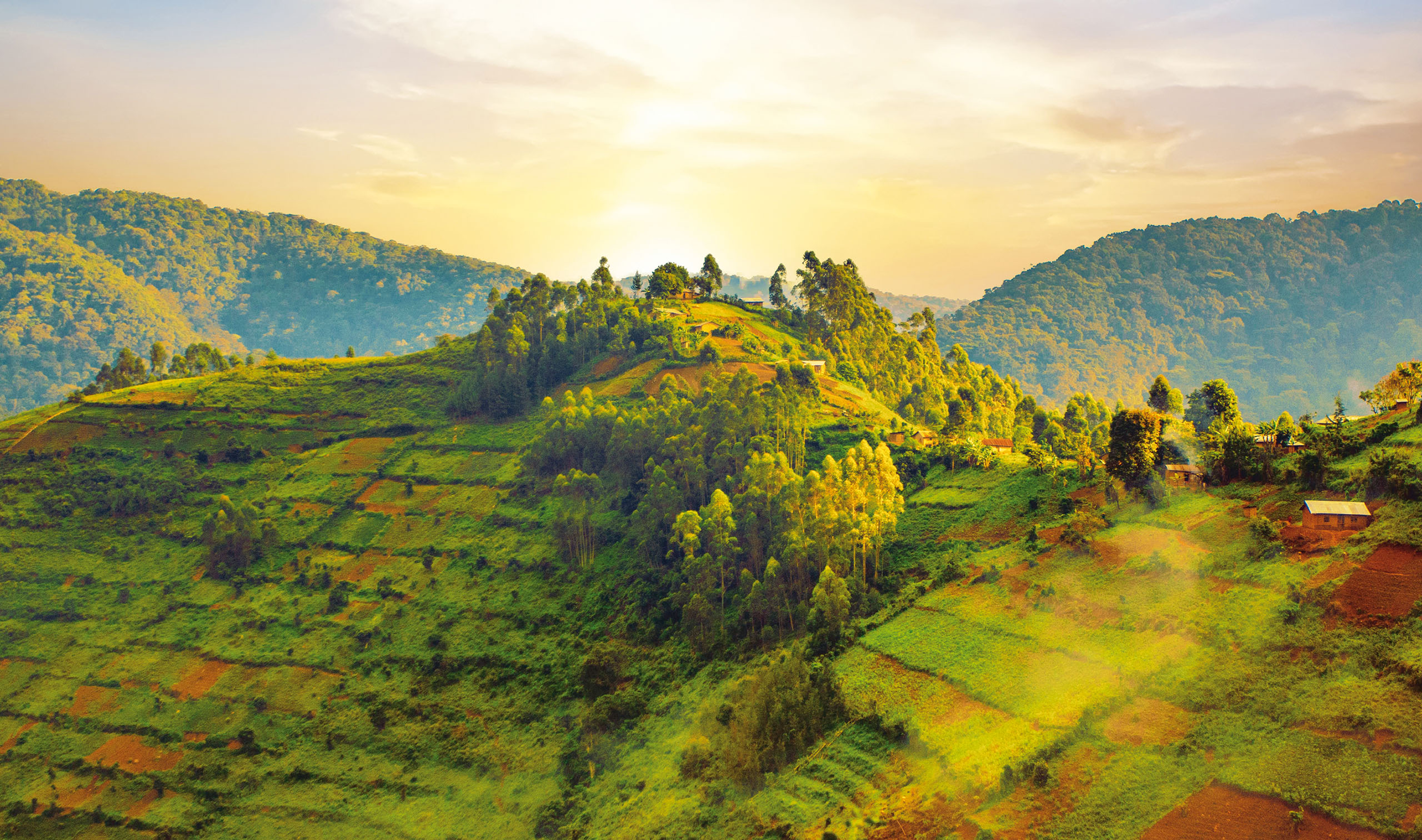 News
News
07 June 2024
How can we finance our future?
While climate crises follow one another, the need to limit global warming to +1.5 degrees appears to be more pressing than ever.
Read more
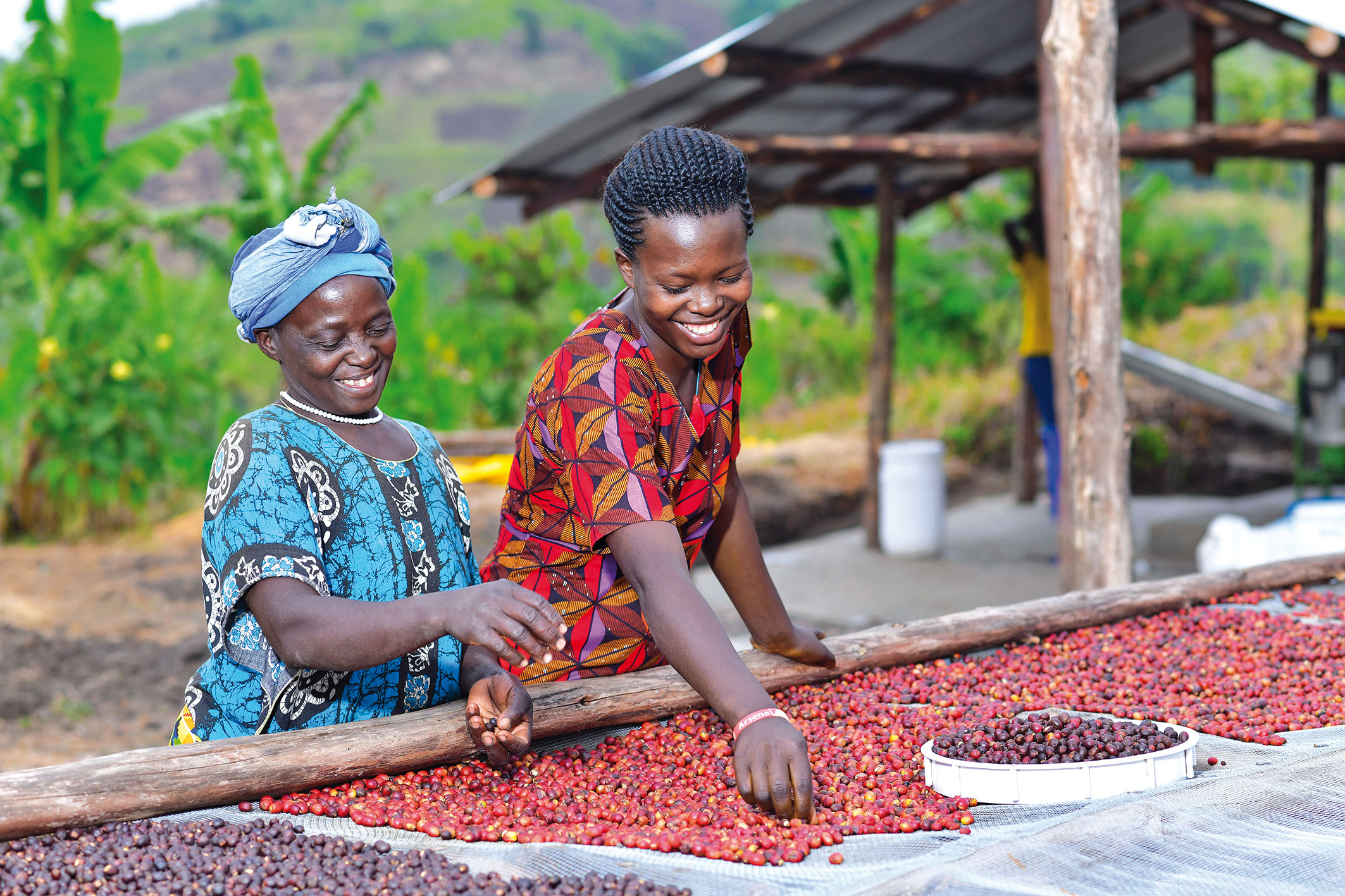 News
News
07 June 2024
Decent work for better social protection
Job creation, workers’ rights, social protection and social dialogue: in the Great Lakes region, we are implementing a series of projects dedicated exclusively to achieving these objectives.
Read more
